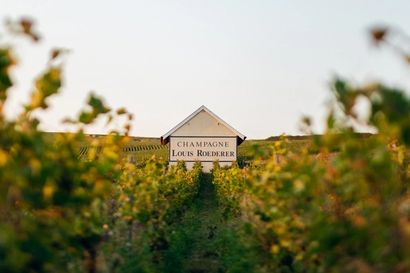How to invest in Scotch whisky
What are the best rare brands and barrels you should be buying?
“People buy whiskey because it fascinates them, because they are captivated by its history and romance and, of course, because they like drinking it.” says Martin Green, head of whisky at auction house Bonhams. And, he adds, they also sometimes buy it because it can make them rich. Like its big brother asset class fine wine, whisky is beginning to look like a more and more attractive option for investors wishing to diversify their portfolios.
The numbers speak for themselves: The Rare Whisky 101 – an index of 100 iconic collectors’ bottles that acts as an indication of the market health as a whole – has jumped more than 200% since November 2008, and shows no signs of slowing down. “Interest in whisky has been growing steadily for many years,” says Green.
“One reason is the increasing wealth in the Far East where whisky is seen as a premium product and an indication of taste and sophistication.” But where does the common-or-garden investor start when it comes to the Water of Life? Here’s our guide to drinking yourself into an early retirement.
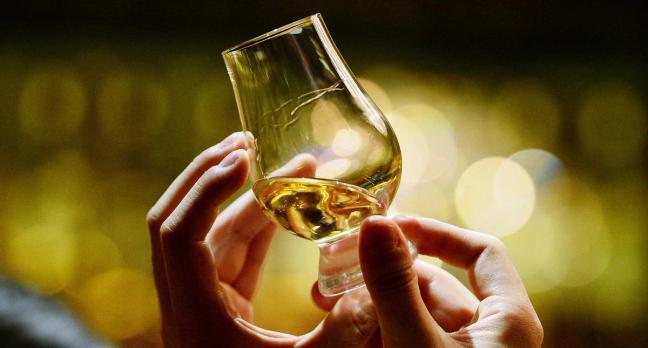
Nicholas Pollacchi, CEO at the New York City–based whisky consultancy Whisky Dog, insists there are three fundamentals to bear in mind when picking an investment-grade whisky.
The first is Rarity. Investors and collectors love limited editions from established makers, and the miniscule supply of limited runs will ensure asking prices stay high. Next comes collectibility, which hinges on brand names and the great whisky houses. Macallan, Highland Park, Brora, Balvenie, Dalmore, Ardbeg and several others are all reliably collectible.
The final principle is collectible range. Often, distilleries will release a series of special editions that, across the years, form a collection. If you own each bottle in the series, the value of your haul will go up exponentially. Owners of the Glenrothes 1968, 1969, and 1970 Extraordinary Cask series, for example, have seen their portfolios rocket in value in recent years.
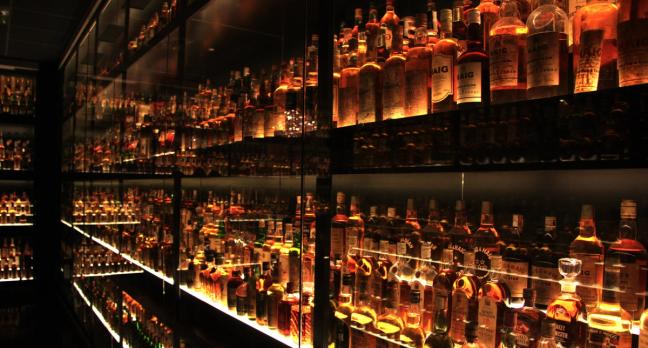
Scotland is the Bordeaux of the spirits world: it houses all the biggest names, has unparalleled heritage and provenance, and provides the most consistent return on investment. It is a very good place to start. The most expensive bottles ever sold all hail from Scotland, and limited edition Scotch bottlings rise in value like nothing else in the whisky world.,
In 2011, a bottle of The Dalmore 62 was sold at Changi Airport in Singapore for a world record £125,000. It beat out a bottle of Dalmore 64 sold at Harrods for £120,000 months before. The Dalmore The most expensive whisky ever sold, meanwhile, is a 64 year old Macallan in a unique Lalique “Cire Perdue” crystal decanter, which was bought at auction in the US for $460,000.,
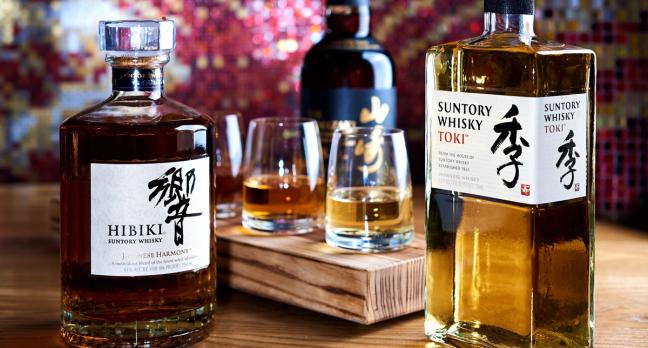
The last few years have seen a huge surge in interest in Japanese whiskys. In August 2015 a bottle of 1960 Karuizawa sold for £77,735 at Bonham’s in Hong Kong – an auction record for a Japanese bottle. Sales like this are opening collectors’ eyes to the possibility of a juicy new avenue for expansion.
“Japanese whisky for many years lived in the shadow of Scotch whisky which has always had — and I think always will have — a special place in drinkers’ and collectors’ hearts across the world,” says auctioneer Martin Green. “A huge amount of hard work has, however, gone into developing premium Japanese brands and collectors both in Japan itself and increasingly internationally have started to take notice.”
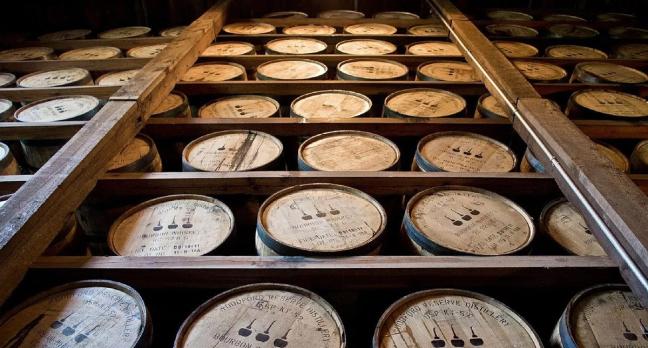
Many platforms are popping up that cater for the more casual whisky day trader. Some treat the golden stuff almost like a commodity – WhiskyInvestDirect, for example, allows investors to buy and sell the spirit at wholesale prices for as little as £2 a litre.
On sites like these there is no minimum investment and no minimum length of time that investors have to hold the whisky. And, helpfully, all whisky bought and sold on these platform is stored in barrels in bonded warehouses, meaning you don’t have to worry about storage conditions yourself. This can provide an undaunting starting point for new investors, away from the pressure and quirks of big name bottle sales.
“Our clients see it as a diversifier for their other investments. It has low correlation to other asset classes, such as bonds or property, and because 93% of Scotch whisky is exported, it provides a hedge against weak sterling”, says Rupert Patrick, CEO of WhiskeyInvestDirect.,
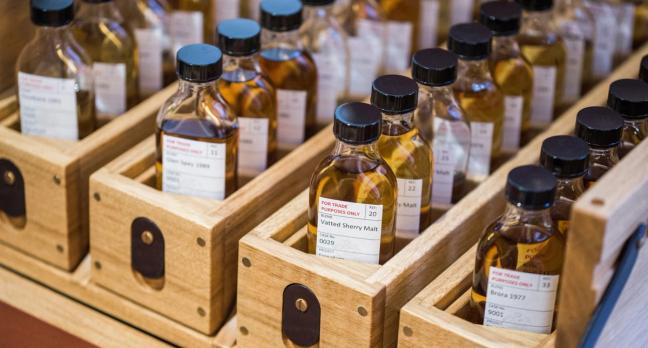
If the whole thing still seems too confusing, you could always outsource the work by investing in a fund, as you might with any other investment class. Here, the manager – who is likely to know far more about the market than the casual investor – will choose marques and bottles to plump for on your behalf.
If the whole thing still seems too confusing, you could always outsource the work by investing in a fund, as you might with any other investment class. Here, the manager – who is likely to know far more about the market than the casual investor – will choose marques and bottles to plump for on your behalf.
The best known manager is the Hong Kong-based. This $10 million dollar pool is a favourite with big spenders looking to cash in on the new cachet of the golden drink. Their portfolio spans 3,000 bottles with heavy representation from Scotland and Japan, and a slightly eye-watering minimum investment of $250,000.
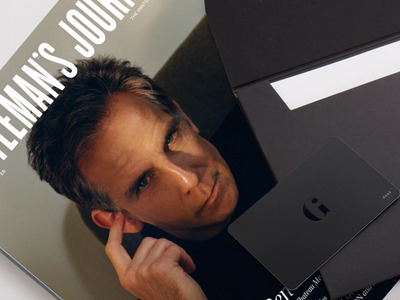
Become a Gentleman’s Journal Member?
Like the Gentleman’s Journal? Why not join the Clubhouse, a special kind of private club where members receive offers and experiences from hand-picked, premium brands. You will also receive invites to exclusive events, the quarterly print magazine delivered directly to your door and your own membership card.


